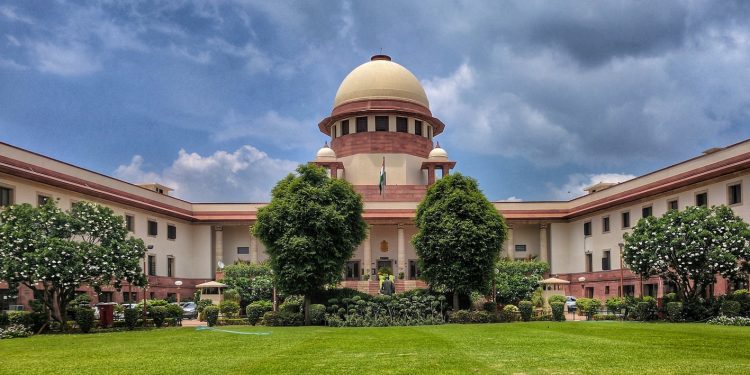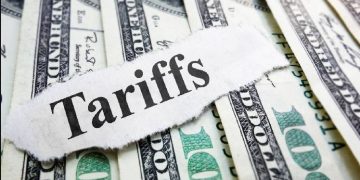New Delhi: The Supreme Court Friday issued notices to Centre and the RBI on a plea filed by the Confederation of Real Estate Developers’ Associations of India (CREDAI) seeking clarification whether real estate firms are eligible for loan moratorium.
A bench of Justices L. Nageswara Rao, Sanjay Kishan Kaul and B.R. Gavai sought response of the Reserve Bank of India and others within two weeks. The plea filed by CREDAI sought clarification whether the notification made it mandatory for all non-banking finance companies (NBFC) to be eligible for loan moratorium, or it is on the discretion of the bank to grant this benefit.
Senior advocate Harish Salve, representing CREDAI, argued before the bench that the main contention is what would happen to the RBI circular and its applicability on real estate developers. He insisted that RBI should clarify on this matter.
Solicitor General Tushar Mehta, representing Centre, said he would seek instructions from the ministry concerned and other authorities associated with the matter, and then get back to the court.
CREDAI contended the RBI should clarify whether the circular was binding on the banks, as in the absence of this clarity, few banks are not providing the loan moratorium benefits to real estate developers.
In March, the RBI had issued many measures to address the financial impact of the lockdown. It issued a circular, which gave liberty to all banks and financial institutions to allow a moratorium of three months on payment of installments in respect of all term loans outstanding as on March 1, subject to the borrower making such a request.
The top court had earlier asked the RBI to ensure its circular on three-month moratorium on loan repayment between March 1 and May 31 is implemented in letter and spirit. The observation from the top court came after few petitioners cited banks were not extending the benefit to the borrowers.
The RBI had said the repayment schedule for these loans would be shifted across the board after the moratorium, and interest shall continue to accrue on the outstanding portion of the term loans during the moratorium period.






































